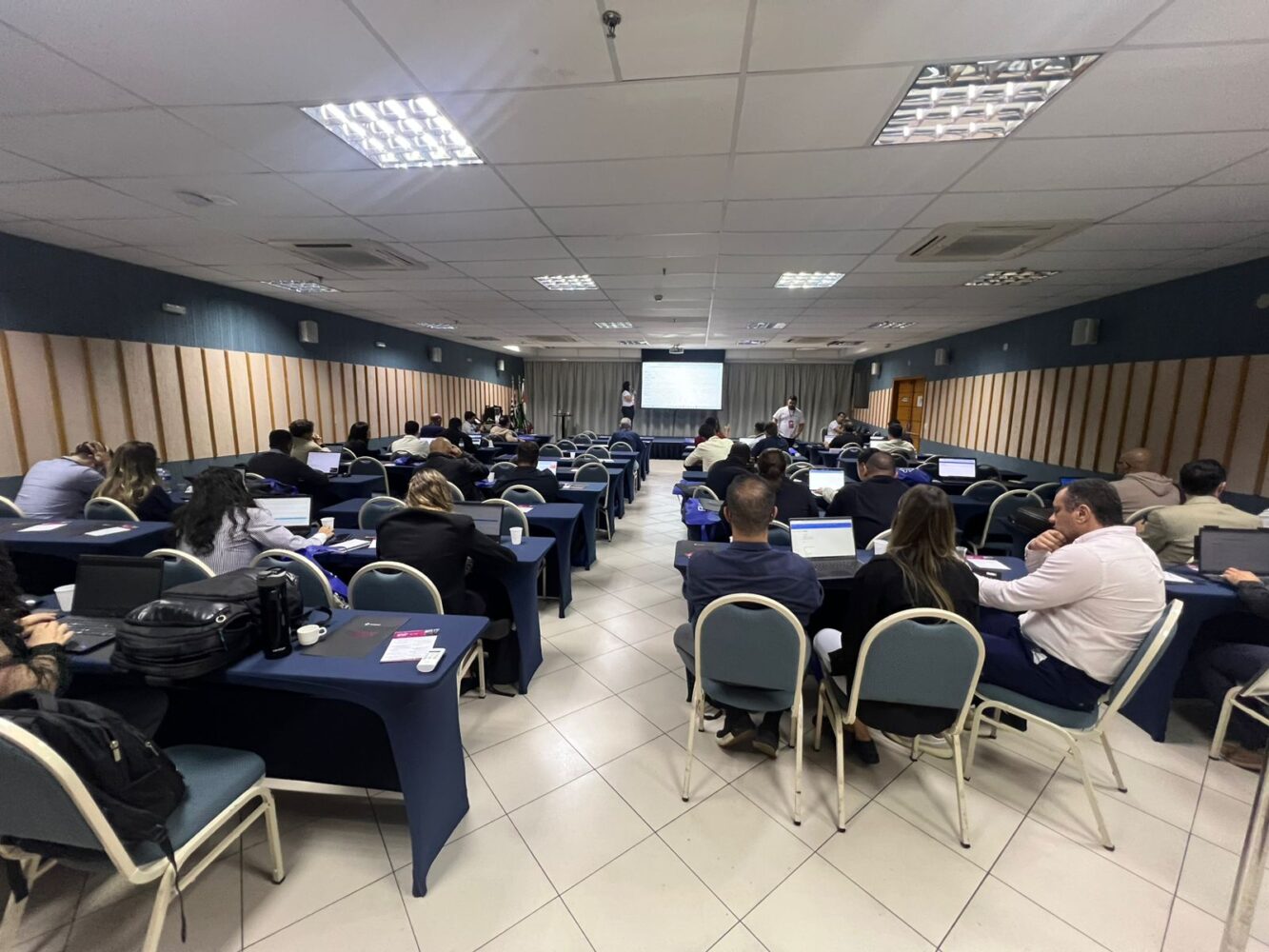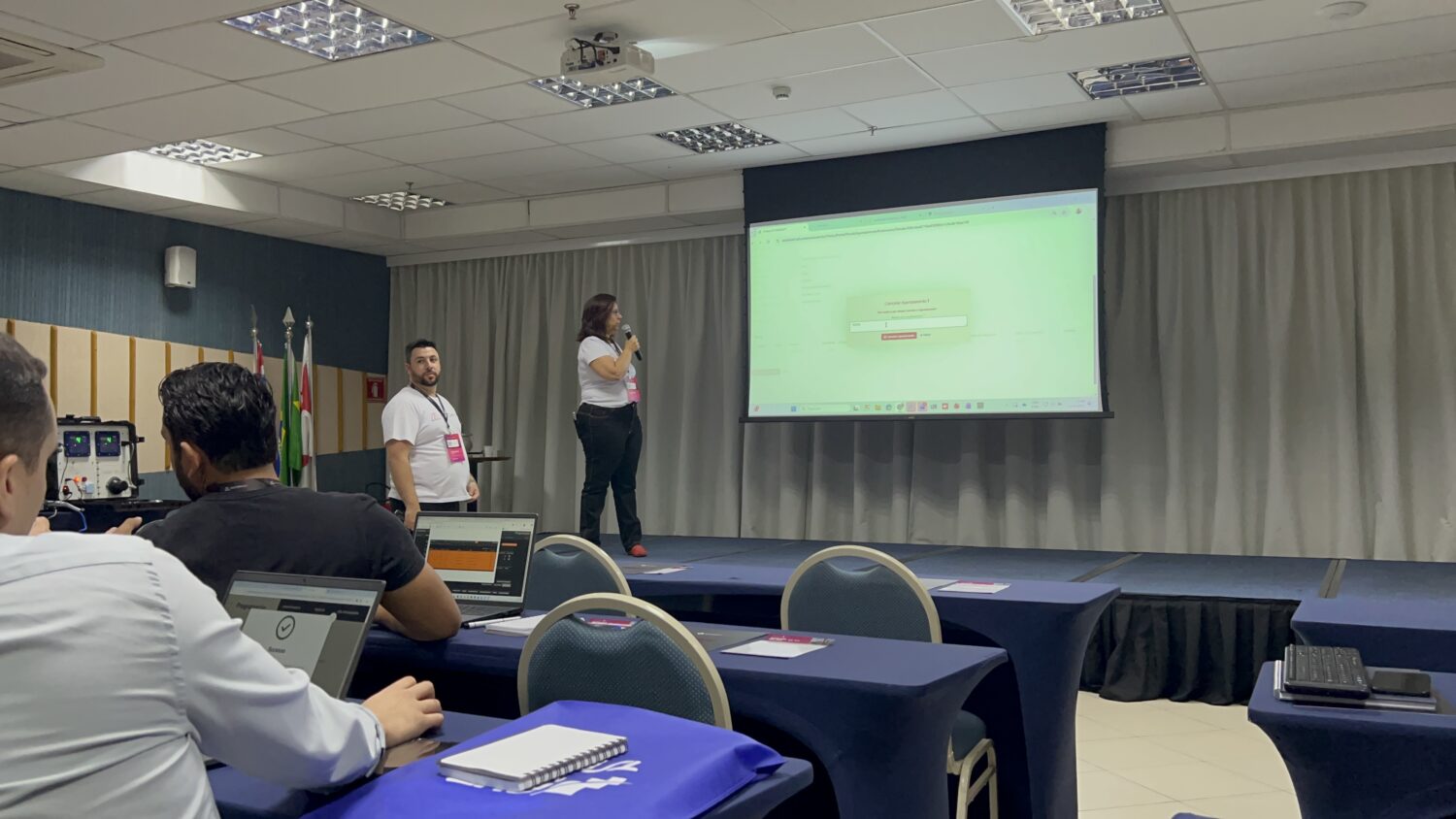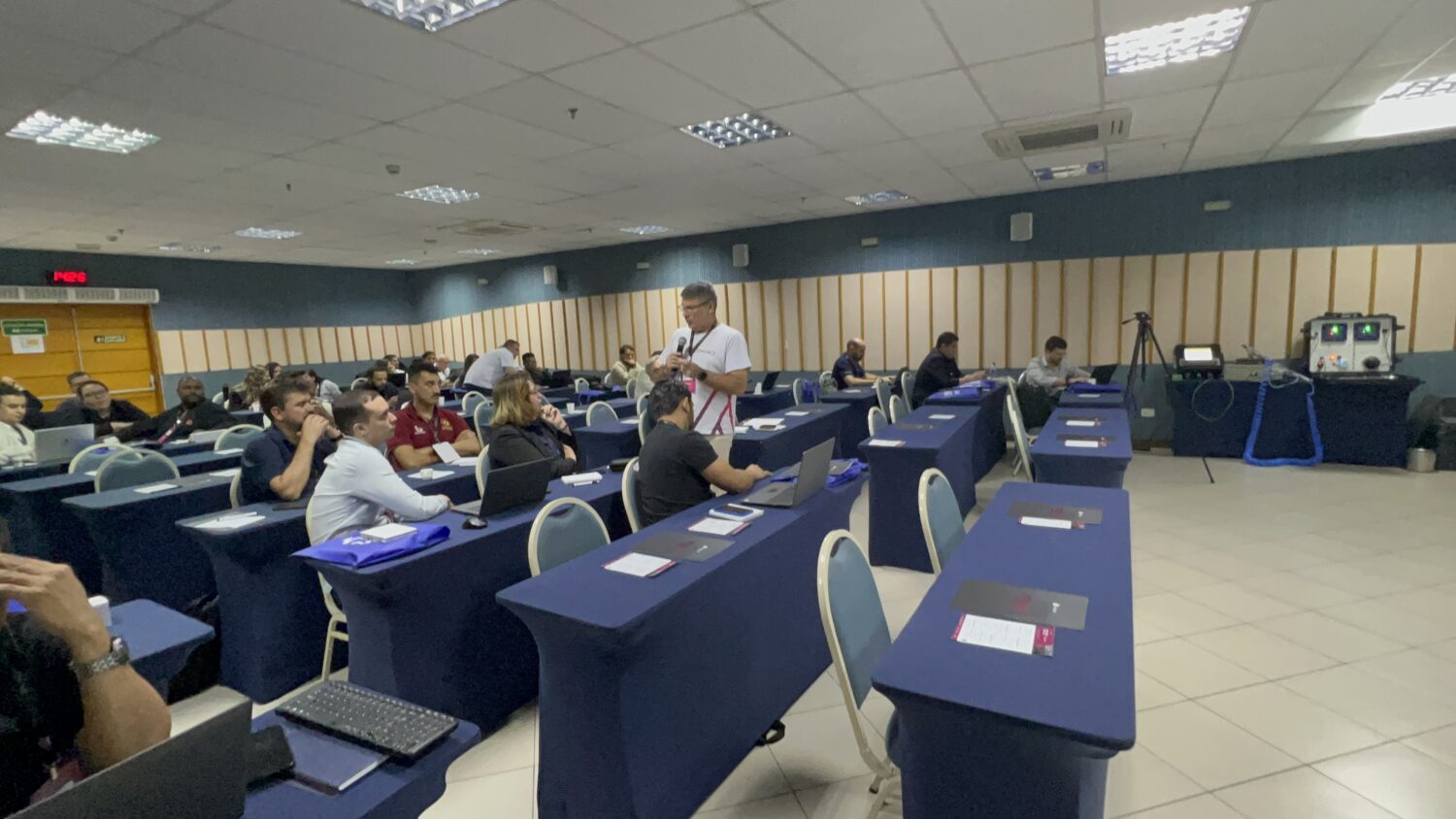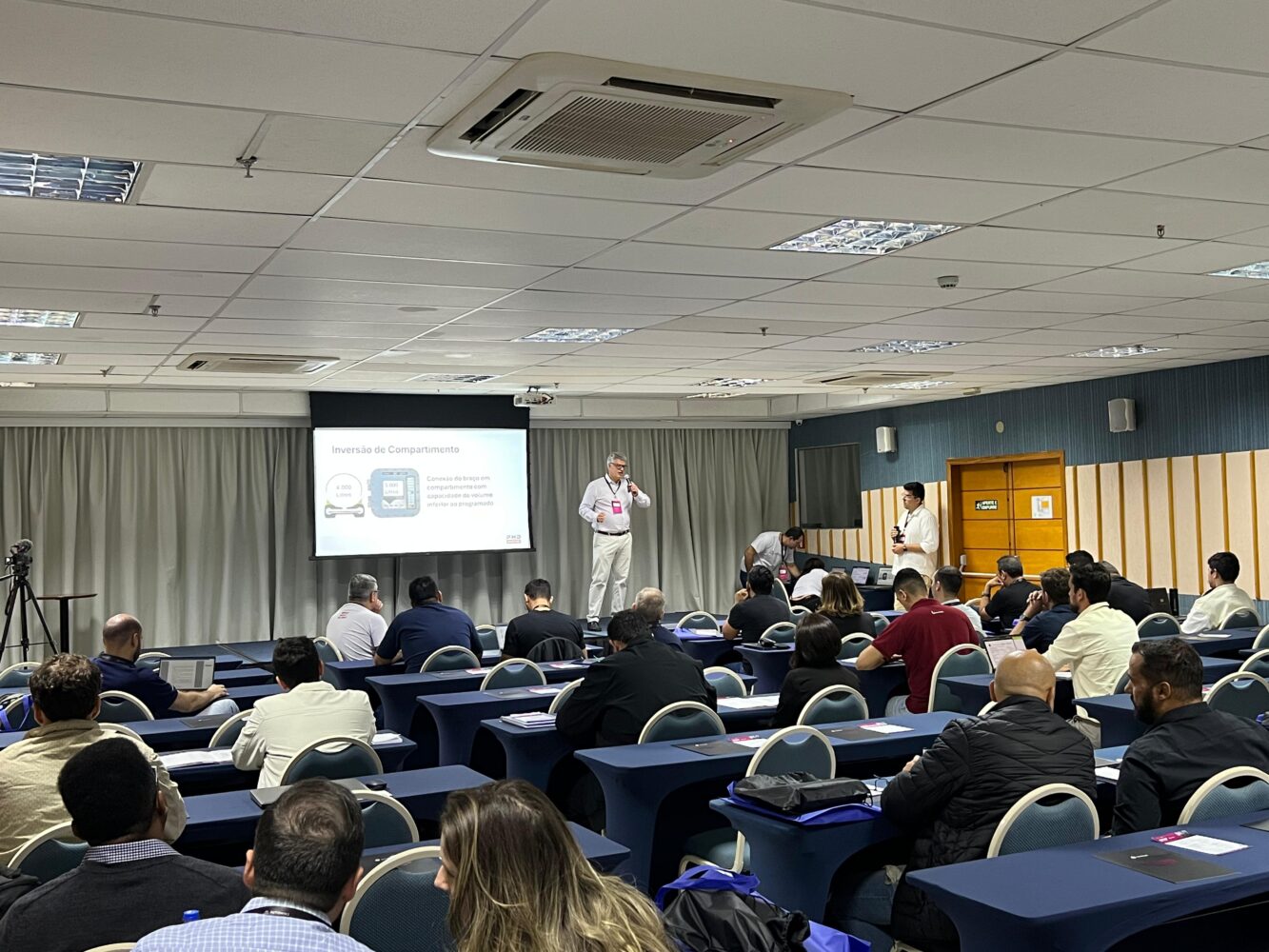How Vibra Energia modernized the control systems in the BADUC and BAGAM units, increasing reliability and operational availability.
Summary
Vibra Energia SA, an energy company, faced increasing risks of failures and operational limitations at its BADUC and BAGAM units due to obsolete controllers. To solve the problem, AutoMind supplied and installed new PLC (Programmable Logic Controller) racks, performed logic reconfiguration services, interface adaptation, testing, and safety validation, restoring reliability and creating a foundation for future integrations and expansions.
The need for operational transformation
In the units BADUC e BAGAM, However, the obsolescence of the controllers made corrective and preventive maintenance difficult and compromised the reliability of automated processes. Limited technical support, a shortage of parts, and restrictions on technological upgrades impacted operational continuity and increased costs associated with unscheduled downtime.
The challenge: reduce the risk of failures and maintain reliable operation.
The main challenge was to reduce operational risks and restore the reliability of control systems by replacing obsolete equipment without compromising operations. Furthermore, technological limitations hindered integration with more modern systems and impeded advancements in automation and digitalization, making it necessary to create a more modern architecture capable of supporting future integrations and expansions.
Solutions implemented by AutoMind
To eliminate the limitations of outdated controllers, AutoMind supplied and installed new, state-of-the-art PLC racks at the BADUC and BAGAM plants, focusing on a safe and controlled transition. The scope included reconfiguring the control logic, adapting the interfaces, functional testing, and safety validation, ensuring operational stability and preparing the environment for future technological integrations.
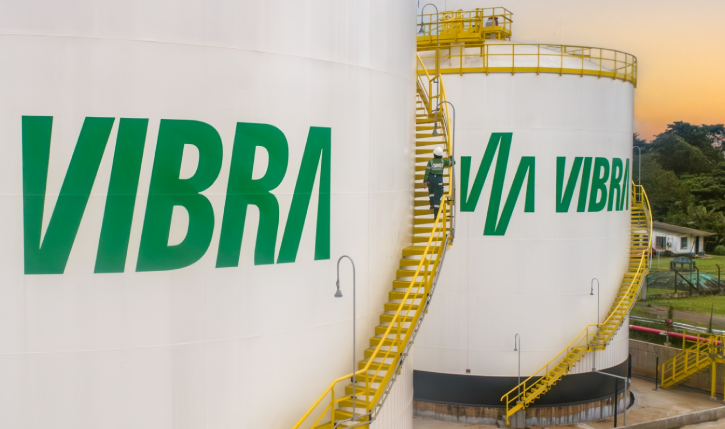
Benefits for Vibra Energia
- Greater operational reliability: Reducing failures and unscheduled downtime.
- Greater availability and efficiency: Improved equipment availability and process efficiency.
- Cost reduction: Reduced costs associated with corrective maintenance and improved technical support, with faster response times.
- Basis for technological evolution: A more flexible architecture for future expansions and integrations, supporting industrial digitalization and enhancing operational safety.
A milestone in modernization.
The upgrade eliminated a critical pain point caused by obsolescence and added value to the business through greater stability, productivity, and potential for technological growth.
“Automind made a decisive contribution to the modernization of our operation. The implemented automation solution brought concrete gains in productivity and reliability, in addition to significant energy savings through pump activation control. The team demonstrated a high level of technical expertise and understanding of our business, delivering an efficient integration aligned with our objectives.”
— Marvin Jatobá Gomes, Industrial Automation Engineer, Vibra Energia

